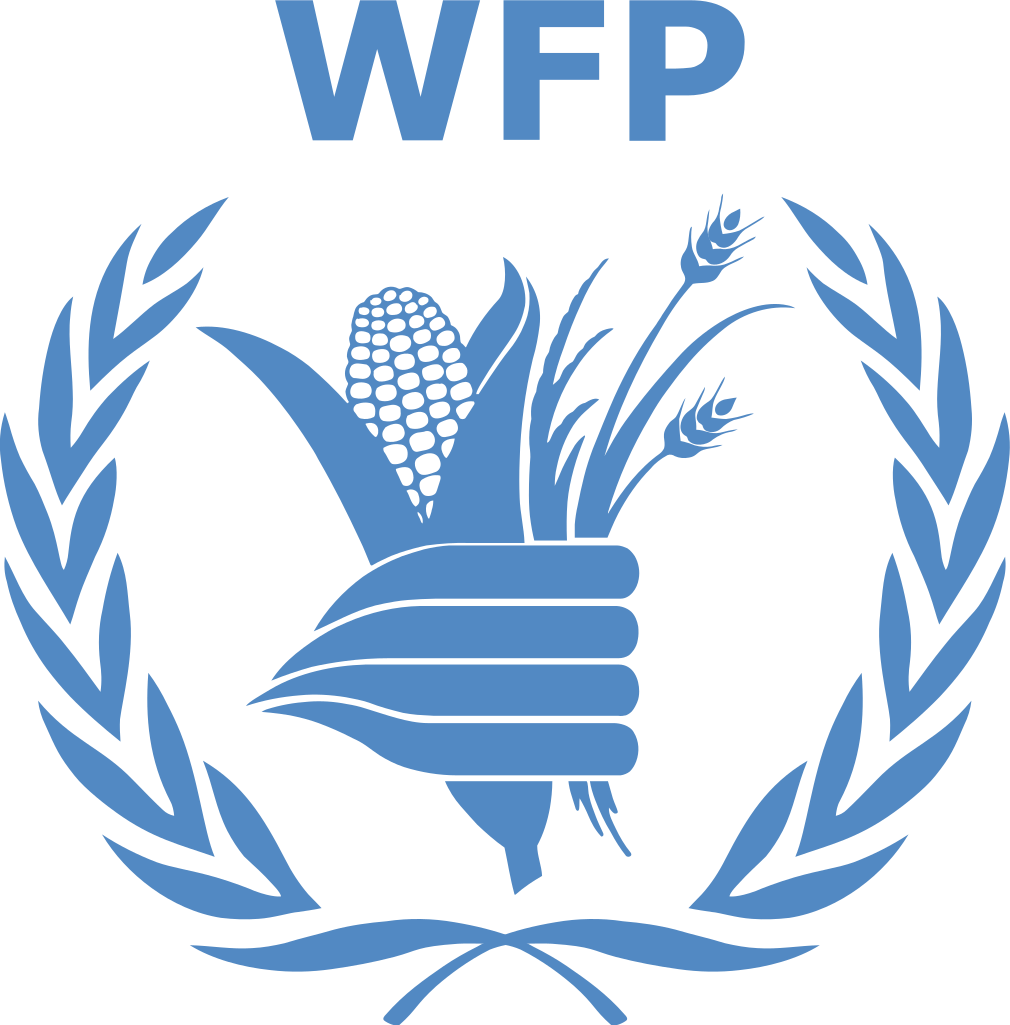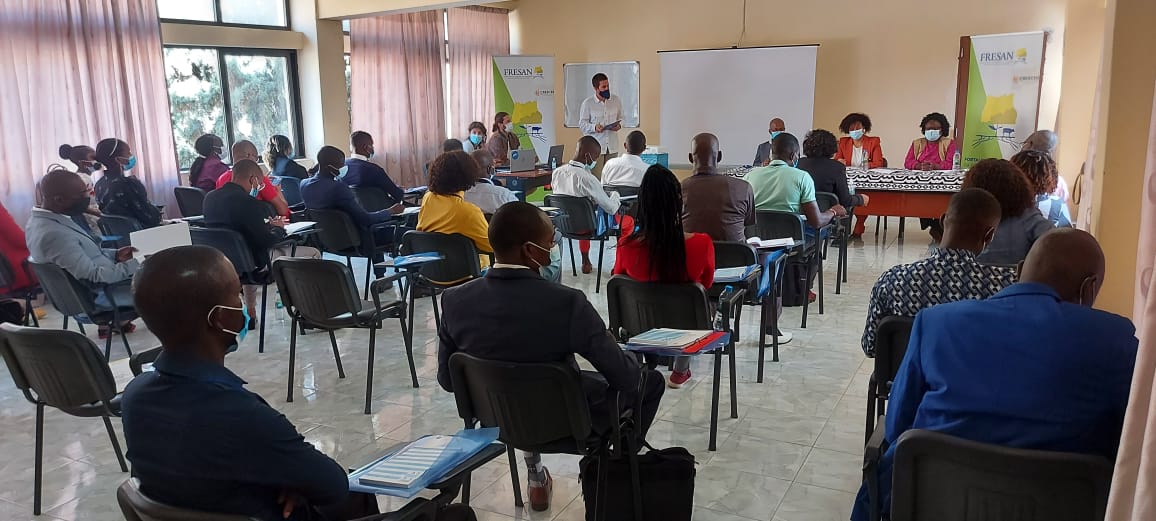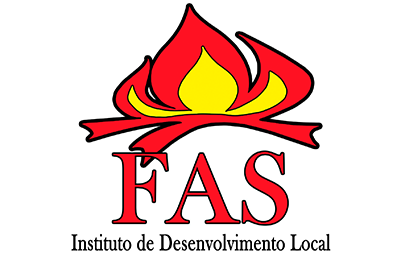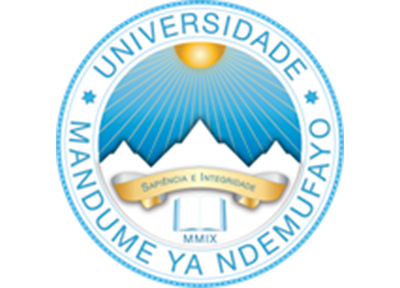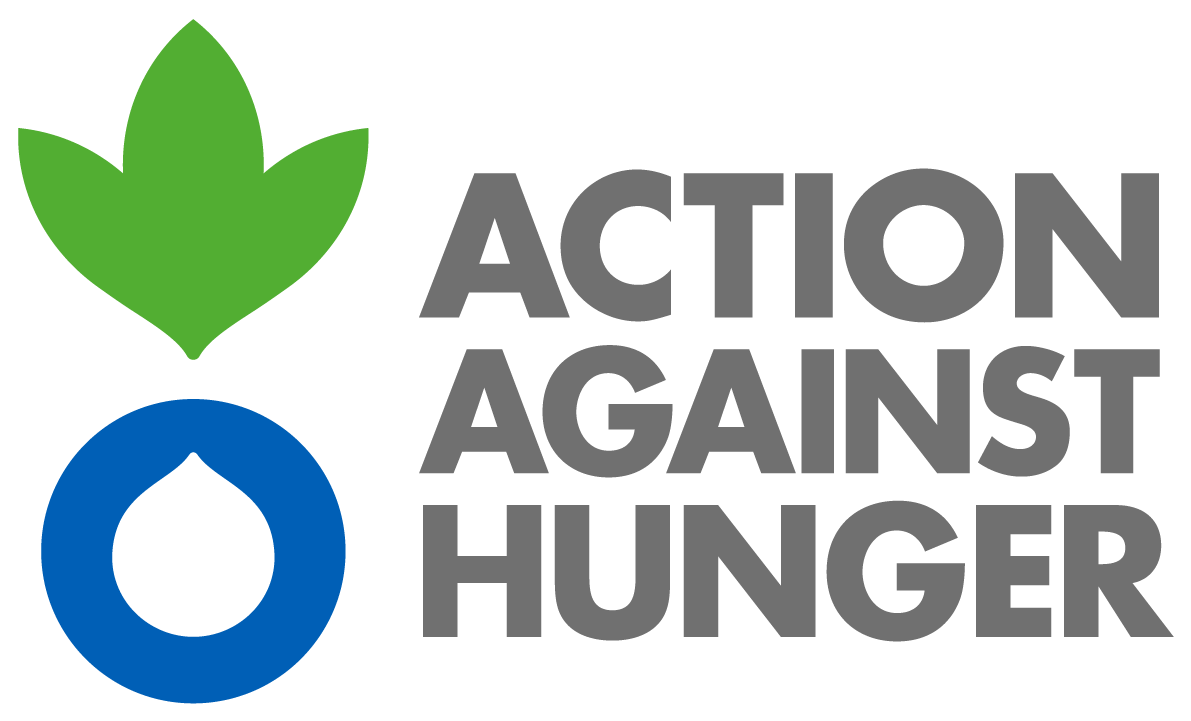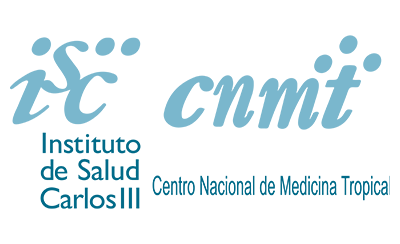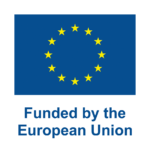Ondjiva, 13 November 21
On Tuesday, November 9, 2021, the CRESCER Project held an academic workshop for 62 3rd and 4th year nursing students at the Instituto Politécnico de Ondjiva (IPO) of the University Mandume Ya Ndemufayo (UMN), in the Cunene province.
This event, whose opening was in charge of the coordinator of the Instituto Politécnico de Ondjiva of the UMN, Dr Paulino Soma Adriano, is an incentive for nursing students to use research in the fight against child malnutrition. The director spoke that the students will be mobilized with a unique experience of clinical research and, encouraged them to take ownership of the research and take advantage of learning that goes beyond the professional dimension, but also the human dimension.
The opening act came from the hand of His Excellency Deputy Governor for the Political, Social and Economic Sector of Cunene Province, Apolo Ndinoulenga, who stressed the importance of these actions at a time when drought is immensely affecting the southern region of the country and that students, as future professionals, should be part of the strategy to fight it.
The conference “The importance of research as an engine of knowledge in science and with direct application in the community” led by Doctor Jose Carlos Lima, Director of the Scientific Research and Post- Graduation Office of the UMN and Coordinator of the project CRESCER by the UMN, was a moment to highlight that the constant advancement of treatments in diseases necessarily goes through clinical research, after the identification of problems and the key research questions. He encourages students to be curious and restless, to equate activity along these lines, and to extend their knowledge through experience with families and communities, with spirit and commitment.
Following her excellence, the Dean of the UMN Faculty of Medicine, Dr. Ana Gerardo, who is also the coordinator CRESCER Project for the UMN, wanted to point out the great current challenge in this area: a healthy academy cannot exist without the academy being linked to research, without the involvement of students and faculty, stressing the dimension of cooperation between various institutions. “We must put the focus on knowing the impact of malnutrition in Angola as a public health problem and contribute to be part of the solutions,” were the words of the dean.
During the presentation of the more technical details of the project, the figure of the ADECOS (Community Development and Health Agents) as the central figure of the community intervention was highlighted to the students. Dr. Ana Gerardo ended her talk with the following words: “Ethics in research must always be present, and the human dimension of all the actors must be highlighted, in addition to the professional dimension. But it is not worth it if at the end of the research the project is not able to pass to the Government a package of actions based on evidence that can contribute to create new consistent policies. No research will work if it doesn’t have the support of decision-makers and the political sphere”, this being one of the key messages of the event.
According to Elena Trigo Esteban, general coordinator of CRESCER project in Angola, the objectives of CRESCER project are sharing in a practical way and as an engine of change by generating knowledge and promoting scientific advancement.
Direct application in communities will improve the lives of people, especially the most vulnerable, and will generate high quality evidence to support public policies based on reliable data and focusing on cost- effectiveness. The project activities will take place in the Huíla and Cunene provinces between 2021 and 2024.
In the second part of the workshop, a practical activity was carried out with the students to prepare them for the activities they will have to carry out in the scope of the CRESCER research with team-building structures, seeking to foster the construction of connected teams, identify the strengths and weaknesses of the members, and strengthen the mitigation of constraints in an articulate manner in the face of possible complex situations that they will undoubtedly have to face in the field missions.
The CRESCER project is the fourth component of the FRESAN Program – Strengthening Resilience and Food and Nutrition Security in Angola. Part of the bilateral partnership between the European Union and the Government of Angola, FRESAN aims to reduce hunger, poverty and the vulnerability of communities
affected by drought in the south of the country, in the provinces of Cunene, Huila and Namibe. In this context, the CRESCER Project seeks to contribute by generating evidence, disseminate and transfer knowledge on strategies to reduce chronic undernutrition and under-five mortality in the Huila and Cunene provinces through operational research.
